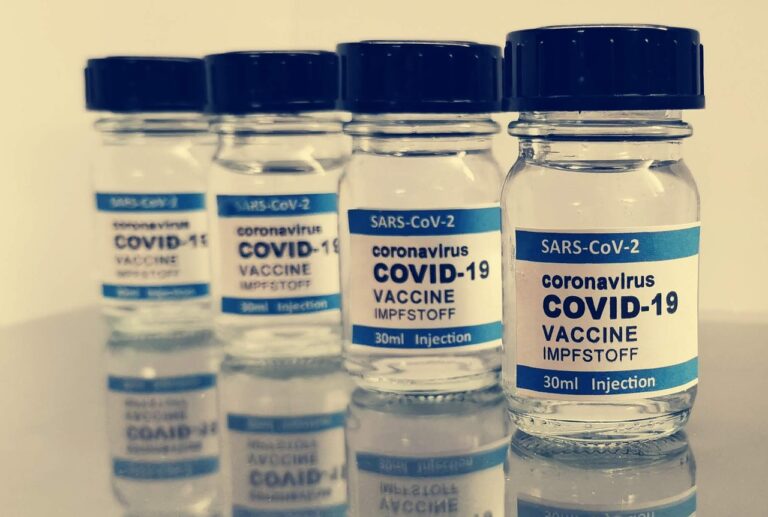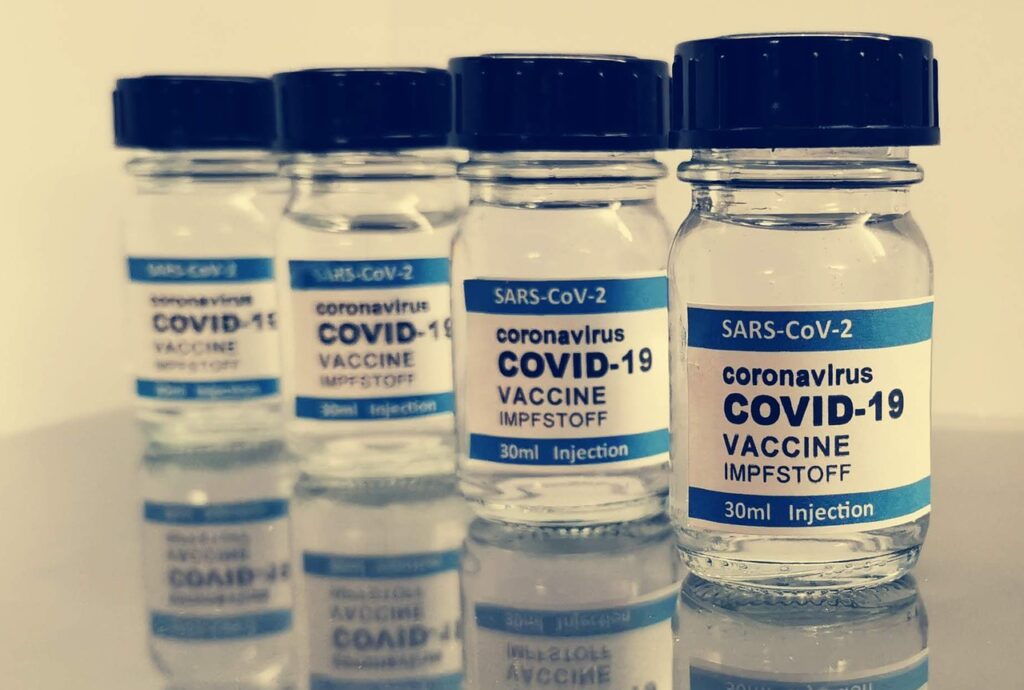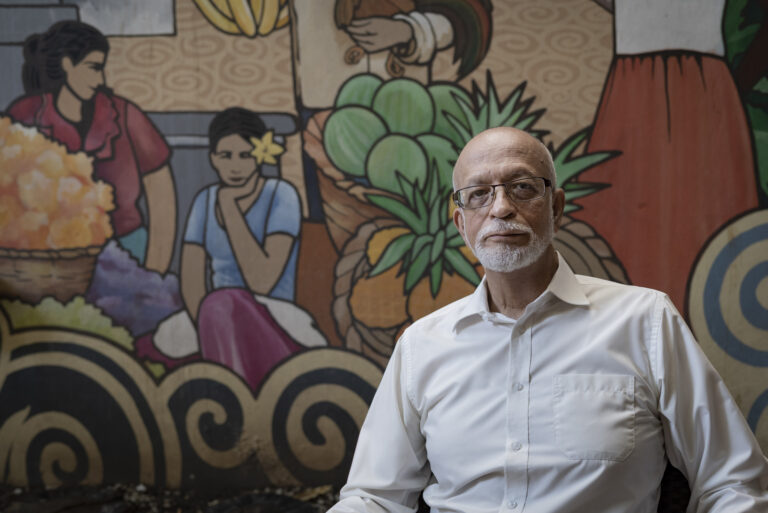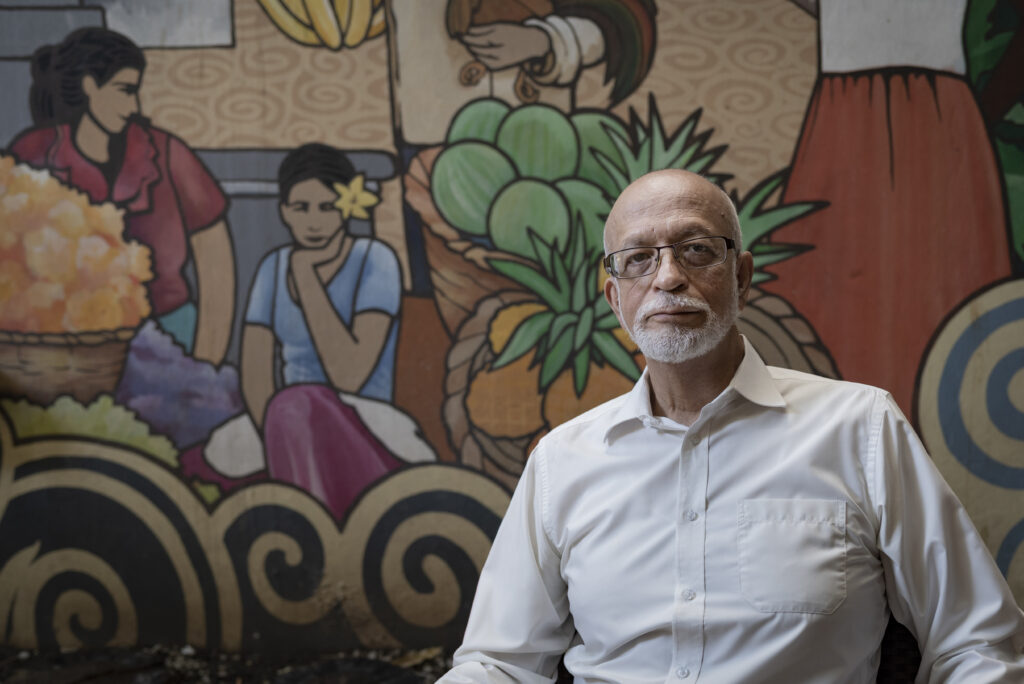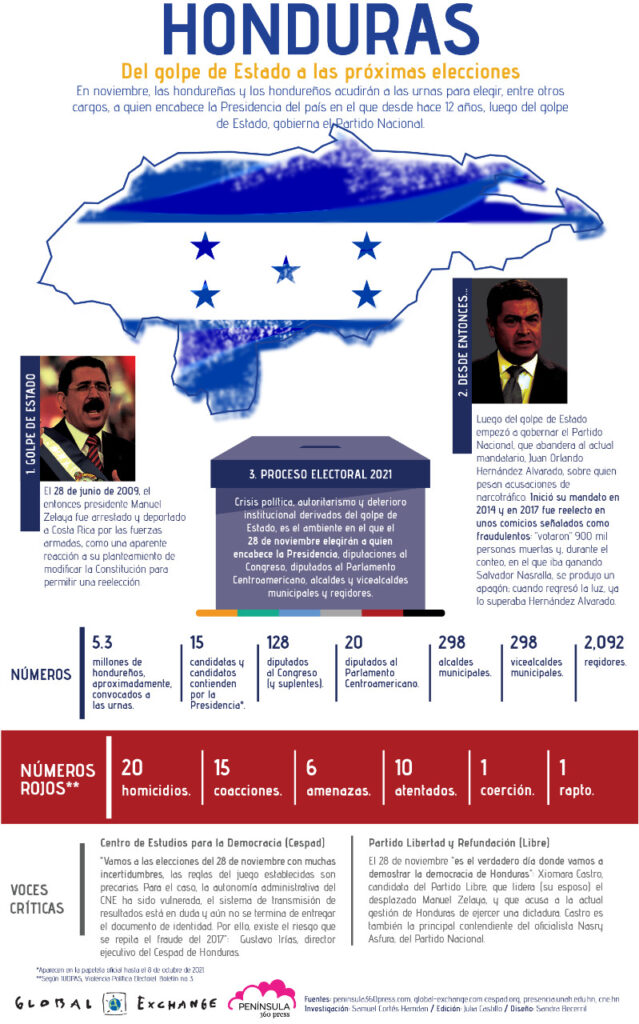
Diversas organizaciones hondureñas han condenado públicamente al Partido Nacional de Honduras (PNH) por promover e incitar el odio hacia las mujeres de cara a las próximas elecciones generales que se llevarán a cabo el 28 de noviembre en ese país.
La plataforma Somos muchas por la libertad y vida de las mujeres hondureñas ha señalado al partido político por referirse a mujeres y niñas que enfrentan embarazos no deseados y al utilizar su dolor como herramienta en esta campaña política.
«Estas acciones aumentan el estigma hacia las mujeres en general, y en particular a las mujeres que han interrumpido su embarazo», señaló la plataforma a través de un comunicado.
A su vez, recordó que, en un país con altos niveles de violencia como Honduras, en donde en los últimos 12 años más de 5 mil mujeres han sido asesinadas, en donde las casas refugio son insuficientes, en donde cada 3 horas se denuncia una violación sexual y más de 20 mil niñas se convierten en madres cada año, «campañas de este tipo tienen consecuencias fatales para la integridad de niñas y mujeres».
En ese sentido, el grupo dijo sentirse preocupado por las consecuencias de esta campaña altamente violenta hacia las mujeres a tan pocos días de las elecciones, en un contexto de polarización y conflictividad social.
«Hacemos responsable al Partido Nacional de ataques o agresiones en contra de candidatas, organizaciones de mujeres y defensoras, fundamentadas en esta campaña de odio», dijeron luego de que en manifestaciones de dicho partido se atacara a Xiomara Castro, candidata presidencial por la Alianza, al dibujarla portando un arma punzocortante en contra de una gestante, dando a entender que es una asesina, pues estas imágenes están acompañadas de las leyendas «Si a la vida, No a Xiomara» #YONOSOYASESINO.
Ante ello, la plataforma lanzó el 9 de noviembre una alerta internacional, que, de acuerdo con el grupo, en menos de 24 horas ya contaba con el respaldo de más de 140 organizaciones de 18 países, que estarán monitoreando de cerca la situación de las mujeres hondureñas camino a las elecciones.
Además, precisó, han instado a la presidencia del Consejo Nacional Electoral a implementar las acciones administrativas pertinentes contra el PNH, «las organizaciones presentes estamos considerando acciones jurídicas a nivel nacional, y comunicaciones directas con diversas relatorías del Sistema de Naciones Unidas, Comisión Interamericana de Derechos Humanos, organizaciones internacionales y cuerpo diplomático presente en el país».
«Frente a las acciones de odio, nos organizamos para defender la dignidad de todas, toditas las mujeres y niñas de Honduras», precisaron.
De acuerdo con el Centro de Estudios para la Democracia en Honduras (CESPAD), campañas de odio utilizando como insignia el PNH, durante la marcha «en contra del aborto y las ideologías extrañas», que dirigió el candidato a alcalde por el Distrito Central, David Chávez, se han intensificado desde el mes de octubre.
Asimismo, detallaron que esta campaña ha tenido como protagonistas a líderes del partido nacional, como el exministro de la presidencia y actual candidato a diputado por el Partido Nacional, Ebal Díaz, quien en muchas ocasiones ha incentivado, con videos en sus perfiles de Facebook y Twitter, el odio y ataque a las mujeres y sus libertades.
De acuerdo con la plataforma Somos Muchas, estas campañas también desinforman, ya que en Honduras el aborto es penalizado, incluyendo las tres causales por las que luchan desde hace años: cuando ocurre una violación, por la malformación grave del feto, y cuando la vida de la madre se encuentra en riesgo.
Según la Ley Electoral de Honduras, en el artículo 115, inciso cinco, está prohibido: «Utilizar cualquier expresión que denigre u ofenda a las personas, instituciones públicas o privadas, así como a otras organizaciones políticas, sus movimientos internos y candidatos; por tanto, les es prohibido difundir, a través de cualquier medio, mensajes que lesionen la imagen, el buen nombre, el honor y la intimidad personal y familiar, en suma la dignidad de toda persona».
La interpretación de este artículo, por parte de las mujeres, es que estas campañas desprestigian a la mujer y sus libertades, destacó el CESPAD.
You may be interested in: An opportunity for democracy in Honduras?

